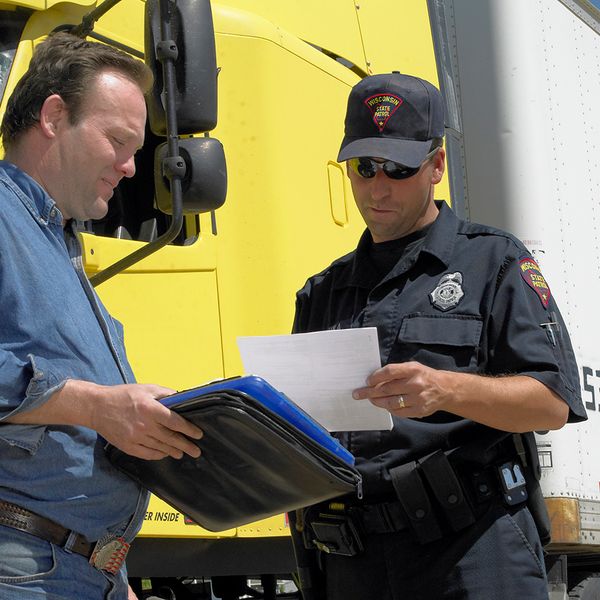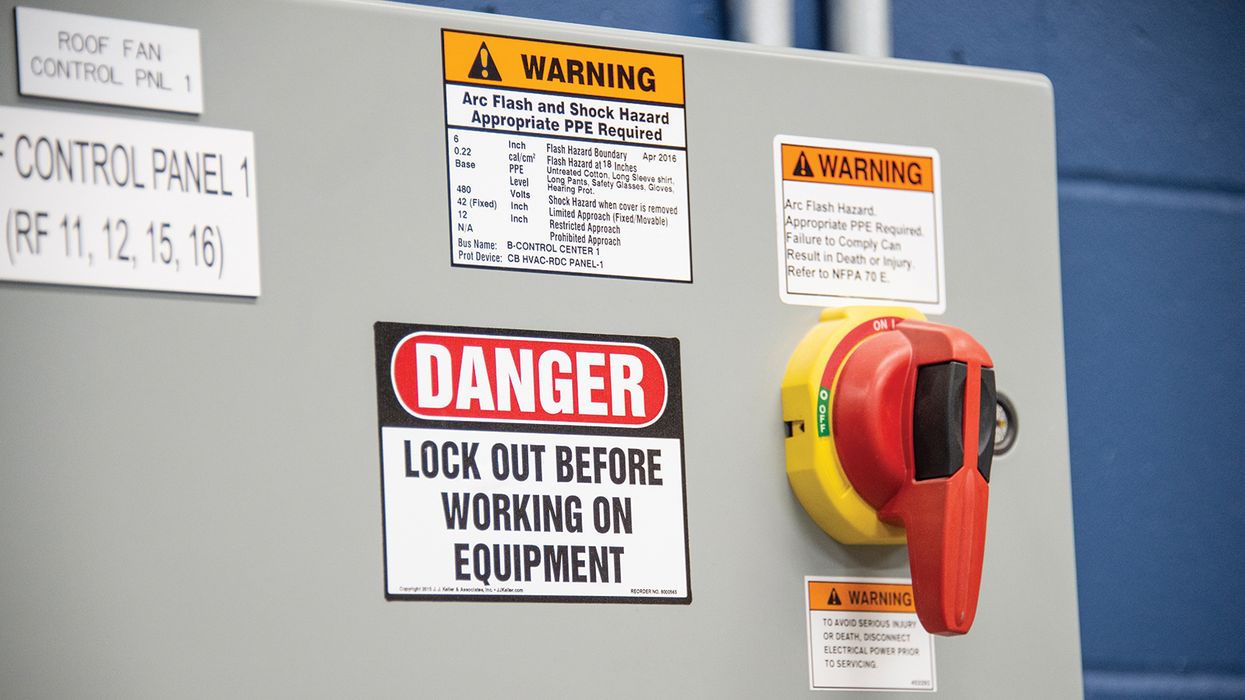Transportation Monthly Round Up - August 2023
Hello, the monthly round up video series will review the month’s most impactful regulatory proposals and changes, and we’ll discuss what you can do stay compliant. Please view the content links to take a deeper dive into the topics I’ll be covering today. With that said, let’s get started!
Motor carriers operating in California and Washington who have been exempt from following state meal- and rest-break laws could end up having to comply after all.
The FMCSA, which previously ruled that the states’ break laws cannot be enforced on drivers who follow federal hours-of-service rules, now says it will consider requests to allow the state laws to be enforced. More to come on this issue that we are closely following.
Commercial drivers who have non-insulin-treated diabetes may soon need to have their healthcare providers complete a new DOT form before renewing their medical cards.
The FMCSA is working on final approval for a new, optional form that will allow DOT medical examiners to obtain information from a driver’s treating physician about the treatment, management, and control of the driver’s diabetes. The idea is to help the examiner make a more informed decision when it comes to certifying drivers.
The filing period for Unified Carrier Registration (UCR) opens October 1 with registration fees due by December 31. If you report under UCR and other programs, be sure that you are working with the right state.
Interstate motor carriers must indicate a base state of operations under several reporting programs, including UCR, the International Registration Plan (IRP), and the International Fuel Tax Agreement (IFTA).
The base-state approach simplifies compliance by eliminating the need to report operations, register vehicles, and pay fuel taxes to multiple states for every vehicle operated by the carrier. But with different criteria under each program, it’s important to pay close attention when choosing which state will be your base jurisdiction.
Results from Roadcheck 2023 are in! Overall, 19% of vehicles and 5.5% of drivers were placed out of service, an improvement from last year.
Top out-of-service violations for vehicles were for brakes, tires, cargo securement, and lights. Top out-of-service violations for drivers were for hours of service, false logs, canceled or revoked license, and no medical card.
Motor carriers and drivers should be aware of the common violations that can place their drivers and vehicles out of service, and strive to prevent them.
The Federal Motor Carrier Safety Administration (FMCSA) has taken the first steps in ensuring all students seeking entry-level driver training (ELDT) can see which training providers may not be in compliance with the regulation’s requirements.
FMCSA has added features to its Training Provider Registry (TPR) website, allowing the public to access a list of training providers under review by the agency and a list of training providers removed from the TPR.
Since the ELDT regulations went into effect in early 2022, there has been concern throughout the motor carrier industry that allowing a training provider to self-certify that its program meets all of the requirements will lead to self-certification by non-compliant training providers.
That’s it for this month’s roundup. Stay safe, and thanks for watching.
























































